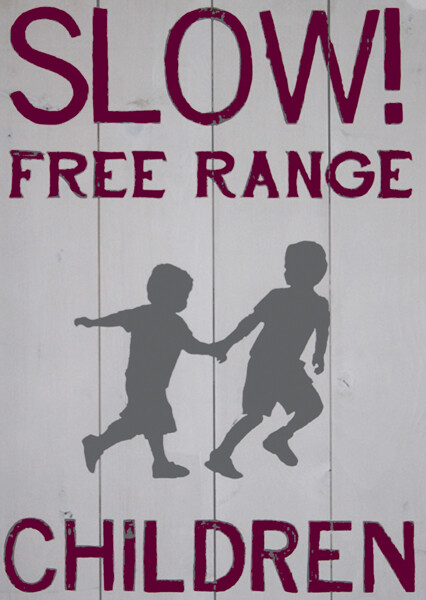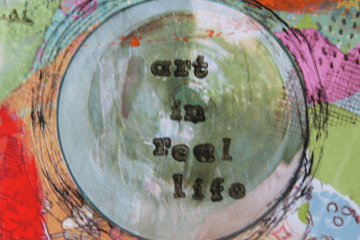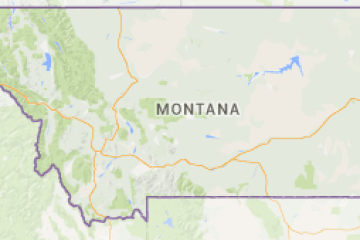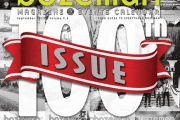May Editors Note
Future Explorers of Montana
In an April 14 article from Christopher Ingraham in The Washington Post he debunks the myth that children are less safe now than ever. His stats show that reports of missing children are down 40% since 1997 and “In fact, only 0.1 percent of missing persons cases were what we’d think of as a “stereotypical kidnapping” -- where a complete stranger tries to abduct somebody and carry them off by force.”
These facts weigh in as the majority of parents tend to think of the worst-case scenario and then mold their lives and interactions according to what could happen. The primal parental instinct is fair and natural. Coming up with the worst possible story of what could happen to our kids if they go to the park down the street alone and then disallowing them to go anywhere at all without an adult is buying into a fear based mentality that I didn’t expect when I became a parent. 
Free range parenting and free range children have been in the news lately, as well as in conversations I’ve had with folks young and old over the past month. It’s a complex issue, and in my opinion it’s one without an easy answer; what may be ok for kids in Bozeman, Montana probably isn’t ok for kids in Las Vegas, Nevada or a suburb of Washington DC.
Danielle Meitiv, the free range parent in Maryland whos story has made the most news lately, said in a Today show interview “We’re just doing what our parents did. It was considered perfectly normal just one generation ago.” The Meitiv’s have educated their children on safety, but want them to be able to venture out on their own, often their 10 and 6 year old children carry a card with them that reads ‘I’m not lost. I’m a free range kid’.
I grew up (beginning in the 1970’s) in a small town in Northwestern Montana. It was quaint, but also had the complexities of a Native American Indian Reservation. Nothing much ever happened there. I was allowed to roam my neighborhood, ride my bike up and down the street as well as further into town. I had a pond in my yard and just over the fence was Mission Creek. We had four acres to explore at will. My best friends lived a little less than a mile from me, I had to go straight up main street past the grocery store and post office, or another route a little out of the way past the library and high school, to get to their houses to play. I often passed Parley’s Corner were a little old man named Parley would sit and talk to himself and whomever would engage with him, I never took a lot of time to talk to him, but there was no real stranger danger involved. My summers were filled with riding bikes, playing basketball and tennis on the “city” and school courts, slip and sliding down our hills, and playing with neighborhood kids and the friends uptown. I wasn’t watched like a hawk with a parental figure always out with me, my mom was however a stay at home mom and she was never far away if I got a bee sting, or my brother shot the neighbor kid with a bb gun (oops).
Flash forward to today, 2015, a town still in Montana but with 29,000+ more people than where I grew up. My three kids have a large fenced yard to play in, but they would much rather go to the park at the end of the block as often as possible. Since my three children are all under the age of eight they are nearly always accompanied by an adult on any adventure beyond our yard, the eight year old has a bit of a longer leash for bike rides and getting to and from friends houses.
Having read Stopping At Every Lemonade Stand, by Bozeman author James Volbrecht, I was inspired by the power and responsibility Jim puts in the hands of families and community members as he shows us many ways we can heal our society and work together to build a healthier and more supportive one.
No parent wants anything bad to happen to their child, but every realist knows that eventually they will face adversity and choices that can change them forever. If you would like your children to be more prepared for life, adventure and exploration while being safe and making good choices use this as your invitation to start a conversation with someone close to you about how you can make some changes to encourage a safe and exciting world for your kids. By choosing to work together, collaborate, and foster safer kids we can have a huge impact on the future explorations of the next generation.
Stopping At Every Lemonade Stand is available at the Bozeman Public Library as well as online retailers.






